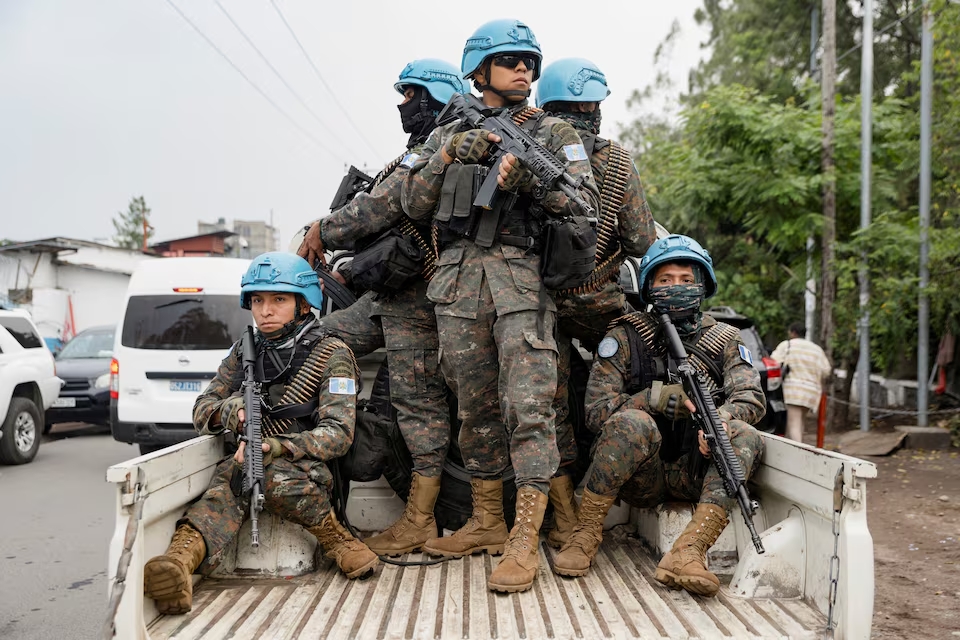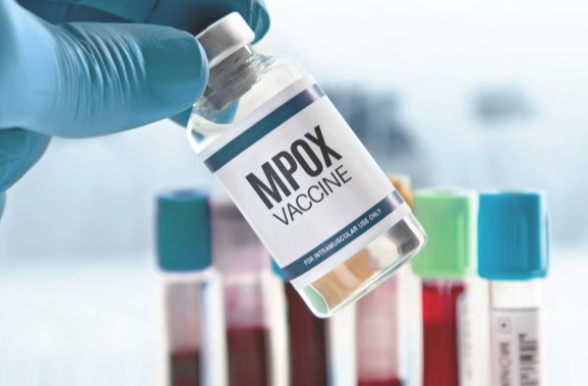The production and export of two extremely addictive opioids, tapentadol and carisoprodol, have been banned in India in response to an investigative study that connected the pills to a developing crisis in West Africa.
Aveo Pharmaceuticals, a Mumbai-based company, illegally exported these medications to Nigeria, Ghana, and the Ivory Coast, according to a BBC investigation that led to this ruling.
In covertly captured video that was part of the investigation, an Aveo director affirmed the medications’ profitability while also acknowledging their hazardous nature. Authorities then conducted a raid on the company’s factory and confiscated its inventory.
India’s health ministry said on Sunday that it has started to revoke Aveo’s export and production permits for the combination of drugs, citing serious health hazards. The government also suspended Aveo’s operations following an investigation by the Central Drugs Standard Control Organization (CDSCO) and the Maharashtra state regulatory body.
According to the ministry, 26 batches of tapentadol and carisoprodol Active Pharmaceutical Ingredients (API) and around 1.3 crore pills were seized to prevent the potentially harmful drugs from being dispensed further.
The Food and Drugs Administration of India promised more stringent oversight to stop illicit exports and safeguard the nation’s pharmaceutical sector. Permission to manufacture and export the drug combination was revoked due to its severe adverse effects and potential for abuse, according to Drugs Controller General Dr. Rajeev Singh Raghuvanshi.
Due to serious health hazards, such as respiratory failure, convulsions, and lethal overdoses, the combination of the potent opioid tapentadol with the addictive muscle relaxant carisoprodol is already prohibited for medical usage in India.
Notwithstanding this ban, these substances have been saturating West African markets, especially in Nigeria, where an estimated four million people abuse opioids. According to the World Health Organization, using phony or inferior medications causes 100,000 deaths in Africa each year.
Millions of these tablets were delivered to West Africa and sold on the streets by Aveo and its subsidiary firm, Westfin International, according to the BBC investigation.
In an interview that was secretly filmed, Vinod Sharma, the director of Aveo, acknowledged that the drugs were dangerous but presented them as a successful business, saying, “Nowadays, this is business.” Sharma acknowledged that he sold the drugs to Nigerian youth, but claimed that taking several pills would help them “relax” and become “high.”
Regarding the accusations, Aveo Pharmaceuticals responded that they were “entirely baseless and without merit” and that the business had complied with all applicable laws.
Drug regulators in India have emphasized that although carisoprodol and tapentadol are permitted separately, they are not in combination. They added that legal action was being taken against other Indian enterprises that had been manufacturing identical illicit combinations.



